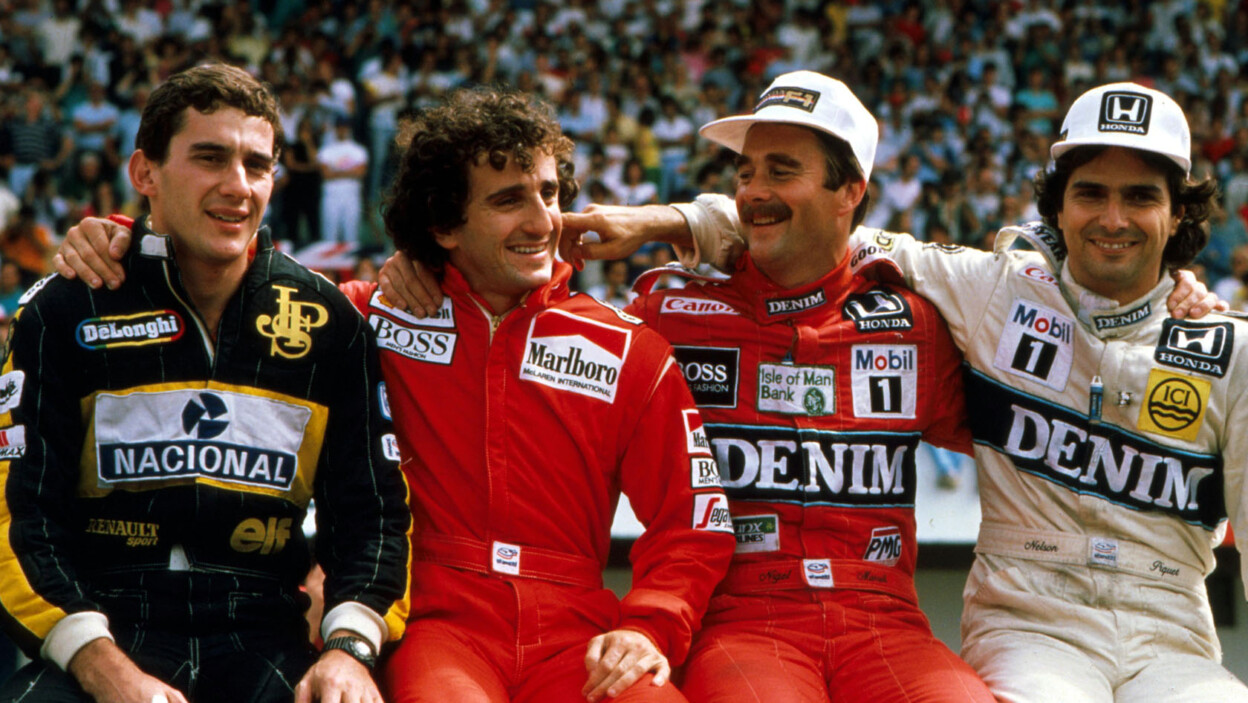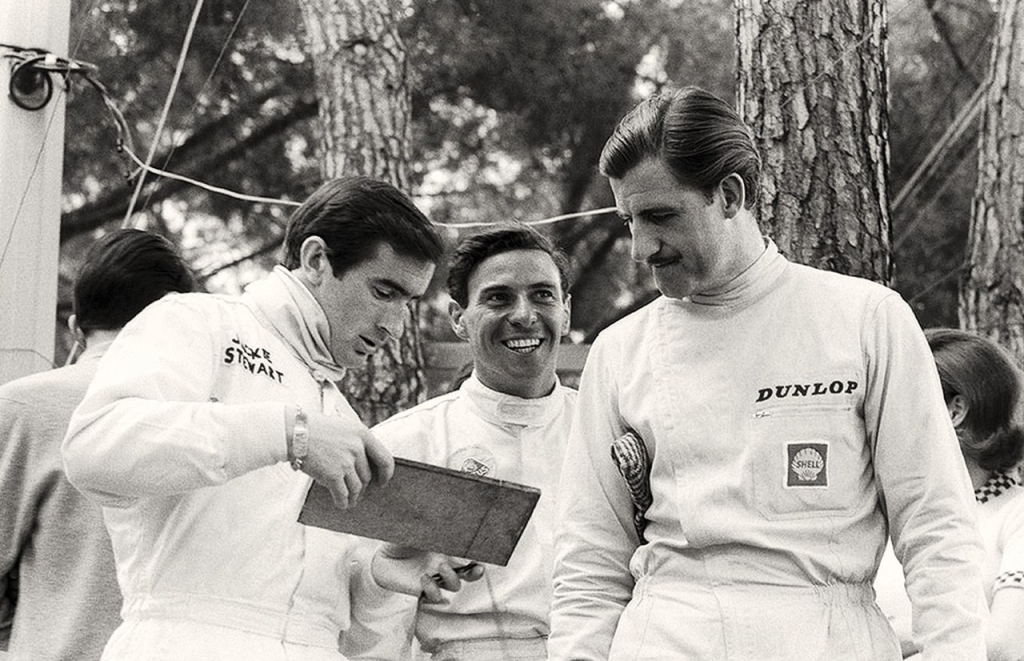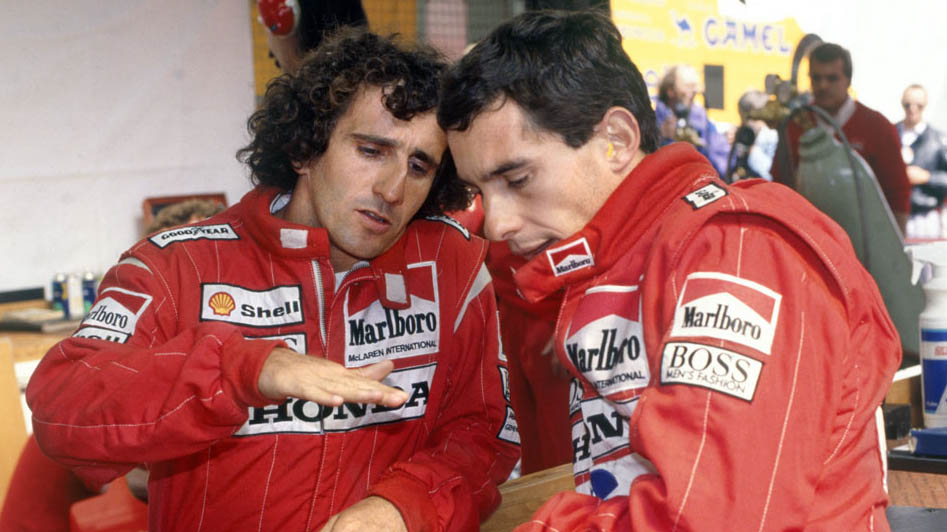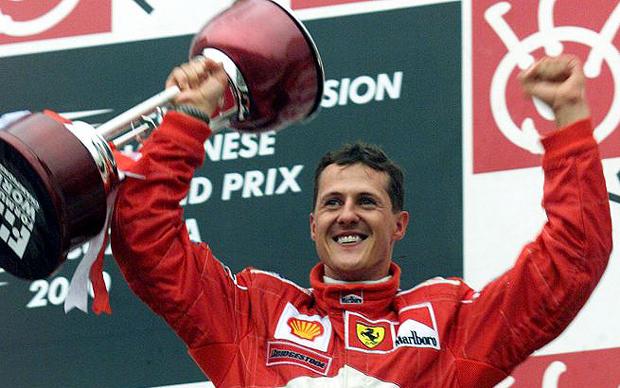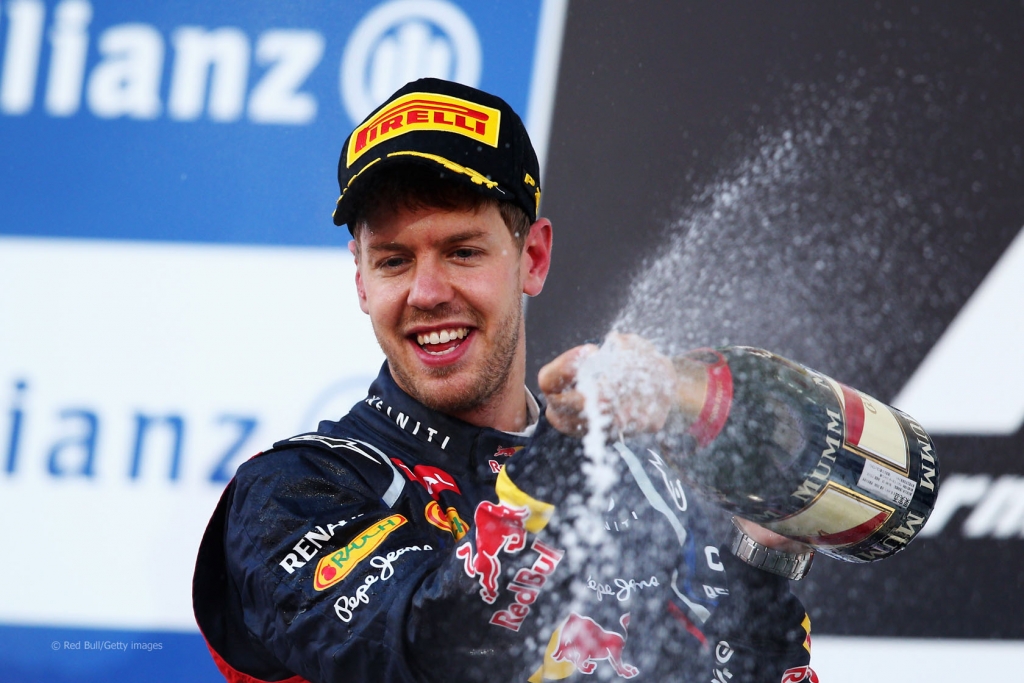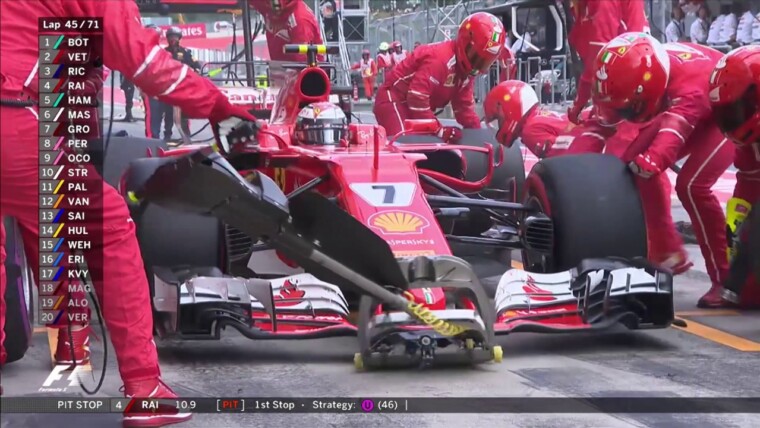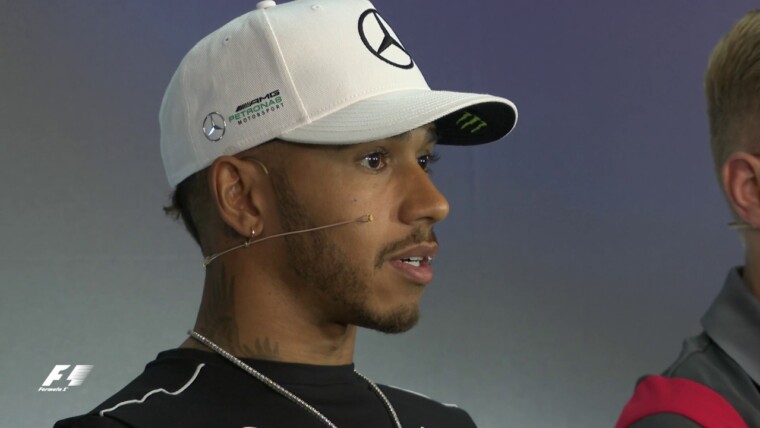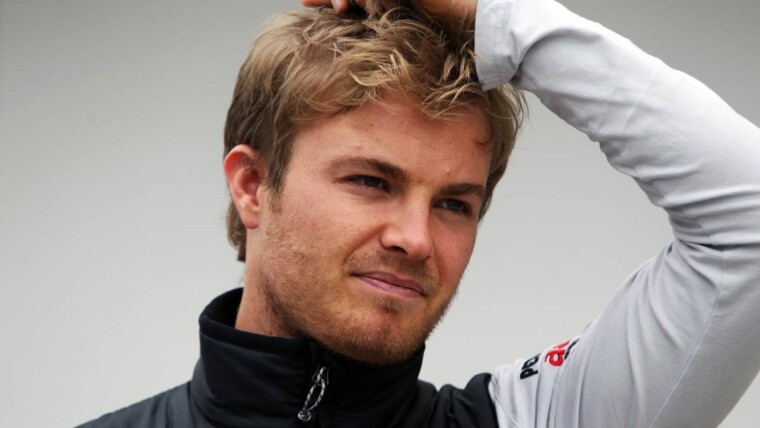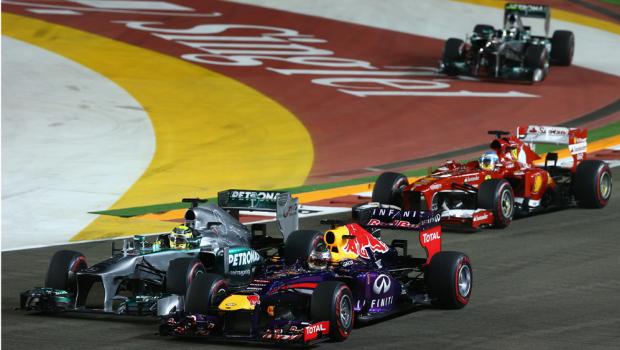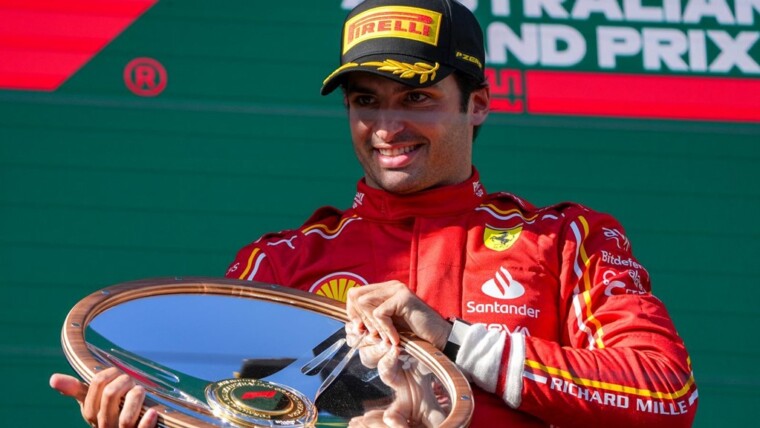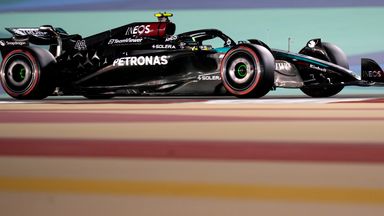To many, Formula One is a fast, dangerous and commercialized sport. At least, that is what the current generation thinks.
Formula One started with an intention to gather passionate drivers that would race for the sake of racing, not for the glam, the glitz or the fashion.
Most drivers started off with their interest in go-karting and with the help of scouts from constructors, the sport was looking for ‘A’ class drivers that would spark enthusiasm to viewers and have them enjoy the race as much as people would in football matches and NBA matches.
The first era was mostly considered the era of “passion”. Since it was the first era, drivers raced with a mindset of achieving personal targets. Drivers like Nino Farina and Juan Manuel Fangio made a big impact to the international scene during the 50s. Names like Alfa Romeo and Ferrari dominated the early stages of the sport.
The sport started off with traditional front-engine old-timers. British teams stayed away from the Italian Grand Prix because the deep curves of Monza feared them. American driver Phil Hill eventually clinched victory with his Ferrari 246, and that granted him the title of all-time greats.
Safety was rarely an issue during those times. Despite that being said, there was a mentality that death was an acceptable risk to win a race.
As years go by, the development of the chassis and car handling also made their respective changes. Cars were getting lighter, time records were getting shorter but names continue to get bigger.
The 60s saw dominance from the United Kingdom, courtesy of world champions Graham Hill, Jim Clark, John Surtees and Sir Jackie Stewart. The sport, that had its inaugural race in Silverstone, made an even bigger impact to the UK.
The 70s soon became the starting point of modernization and it also was the spotlight as one of the biggest and horrifying accidents took place in the German Grand Prix. You guessed it, Niki Lauda and James Hunt. The event was even made into the movie called Rush, which starred Chris Hemsworth and Daniel Brühl.
The race slowly became much faster and the excitement increased. Deaths were still a common thing but there was nothing that could be done to completely brush it away. The sport then came to a series of immense inter-team rivalry and drivers still stood higher than the constructors in the aspects of the race.
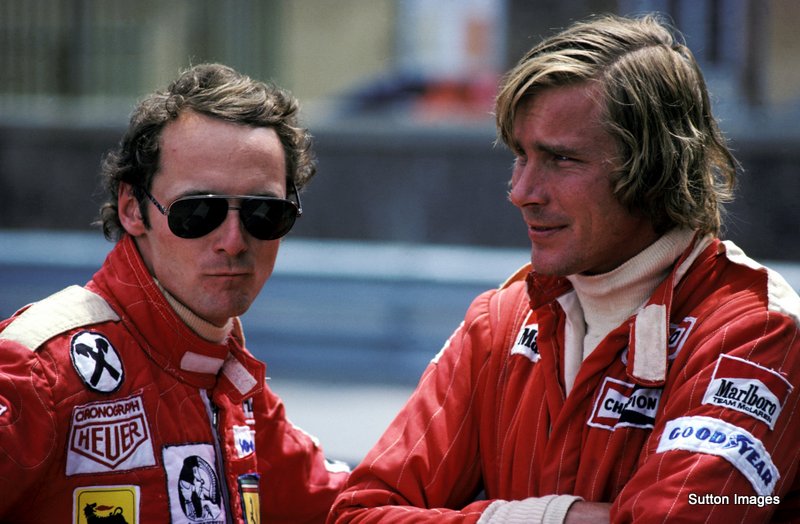
Brazilian Ayrton Senna and Frenchman Alain Prost were the highlights of the 80s and McLaren had won six out of the ten years. The air of the 80s smelled of rivalry, hopes of emulation and mostly professionalism. The excitement for the sport was at its climax.
However, things went to a frightening stage when Senna started driving dangerously and claimed that he had no control over it. The man himself had discovered religion at the time and became strongly attached to God, which caused him to drive as though God was his co-pilot. Safety was becoming a heavy concern.
Rules and regulations changed again and again while chassis made improvements. The 90s saw the appearance of Michael Schumacher and Mika Hakkinen alongside second generation racers Jacques Villeneuve and Damon Hill. The most memorable event was the tragic accident in San Marino where Roland Ratzenberger and Ayrton Senna suffered death and that made the biggest of all impacts to the viewers.
Sadness did take over but viewers kept increasing and ironically, more people decide to get involved in the sport. In fact, it was during this era that double world champion Lewis Hamilton idolized Senna and had hopes of joining the sport.
The next millennium was an impeccable journey for Ferrari as not only did it end its 20 year drought of championships wins, it also proved itself dominant by conquering five consecutive wins in the start of the decade, courtesy of German legend Michael Schumacher, and also with Kimi Raikkonen in 2007.
The name Michael Schumacher flooded the international scene with his record-breaking seven championship titles and remains one of the most influential people till this day.
The chassis from that decade was considered one of the best and the rules and regulations had the likes of many. The tyre war and refuelling made the race much more interesting, but had that interest die down by 2010?
Tyre war soon ended by 2007 and refuelling was banned in 2009.
By 2010, the only focus was who will pass the chequered flag and the only time there was a pause was the pit stop. Most people started to call the sport boring.
Sebastian Vettel became a big name with his four consecutive wins with Red Bull Racing from 2010-2013, easily surpassing Ayrton Senna’s record of three and equalizing with Alain Prost. He was young, talented and was given the name of “Baby Schumi”, in comparison to his compatriot and hero Michael Schumacher.
It’s the fifth year of the decade and most people have regarded the sport to be less enthusiastic than before. With issues like financial crisis, woeful engines, heaps of technical issues, mistakes and lack of competitiveness, is the hype really in a critical stage?
People come to watch their favourite drivers and constructors win but the ones who have been watching it for decades will never like it as much as before.
Surely, Mercedes have been having a great time this year but is that good for the sport?
To be frank, predictable victories are not entirely good for commercial purpose. People come to watch a competition, an emulation, of all aspects of the sport. Even Toto Wolff agrees that the team’s domination is not good for Formula One.
“In terms of the spectacle, a team winning over a long period is definitely detrimental,” he said.
“We have seen that with the six years at Ferrari in the early 2000s.”
“We have seen that with Red Bull four years in a row. So it is the second year for us. It doesn’t help the show, that’s clear.”
“You do have to see the bigger picture of Formula 1,” said Wolff.
“We do not say, ‘We are winning and nothing else in our sport matters.’ Is it good that one team wins regularly and slightly predictably? No, probably not.”
“We all have to get together and decide how we want to improve the situation.”
Yes, we do need to improve the situation. But ‘how’ is the ultimate question.
The new V6 engine had lowered down the volume of the sport, the appearance of the cars are not as “fierce” as before, and certainly the big question remains: Is the possible death of the sport hype directly proportionate to its financial status?
Due to financial issues, historic places such as Germany and Imola are not in the calendar this year. The fate of Monza is yet to be determined too.
Commercial supremo Bernie Ecclestone has been reiterating that the sport is struggling financially to keep its euphoria. The pandemonium had continuously broken out and the viewers are sick and tired of it.
Red Bull, Renault and McLaren have been struggling with their despair this year and nothing seems to make it better. Mercedes have won all the races this season, except for the Malaysian Grand Prix. Of course, it is good for the constructor and drivers but do people want predictable wins? The answer is no.
Back then, constructors appeared competitive and there was a need to be cautious but right now everything is slowly dying down.
The FIA has scheduled a revamp for the next two years and it does see a slight resemblance to the last 10 years. Refuelling will be making a comeback and volumes are made to be slightly louder, along with fiercer looks. Racers have voiced out for tyre wars but nothing official has been made on that aspect.
Niki Lauda and Kimi Raikkonen both had suggested that the sport shoulder be a little riskier for excitement purposes, though safety should also be concerned.
They know, and we know, that the enthusiasm of the sport is equivalent to a dimly lit candle.
Slowly, step by step, maybe Formula One would be much different with the revamps. However, will it be long term? We will never know until it takes place.
Formula One is not a dying sport. It’s just suffering from hiccups right now.
Photo credits: f1fanatic.co.uk
Other posts by Michelle Liew

